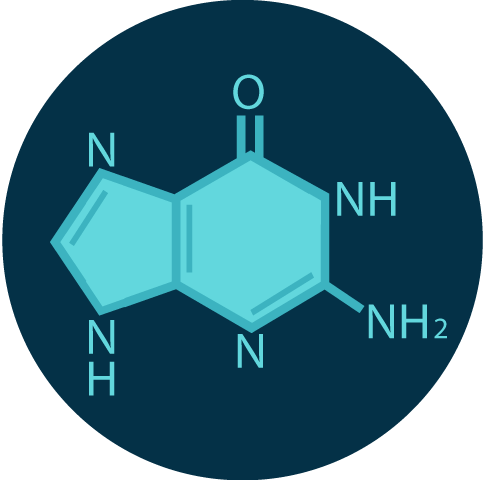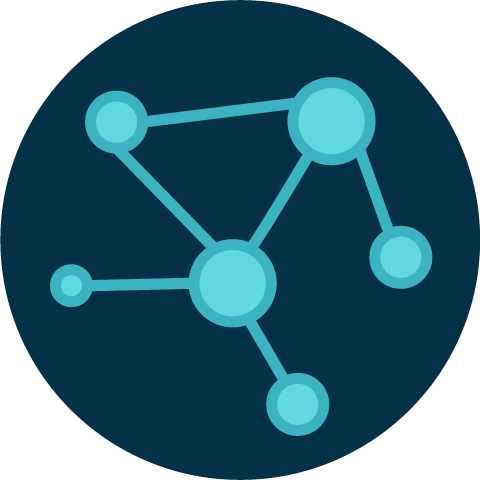Promoting a mechanistic understanding of the chemical currencies in marine microbial ecosystems in the context of a changing planet and through increased participation in ocean sciences
Mission
The Center for Chemical Currencies of a Microbial Planet (C-CoMP) leverages recent advances in analytical and data sciences, incorporates new ocean sampling technologies and an open-science framework, and engages scientists, educators, and policy-makers who bring a variety of expertise, experiences, and viewpoints to bear on promoting a deeper understanding and appreciation of the chemicals and microbial processes that underpin ocean ecosystems and other microbiomes that affect our daily life.
Visit our About webpage to learn more!
Connect with C-CoMP
C-CoMP in the news
JANUARY 06, 2025
An abundant phytoplankton feeds a global network of marine microbes
MIT News
FEBRUARY 13, 2024
ASLO honors Elizabeth B. Kujawinski with the 2024 G. Evelyn Hutchinson Award
WHOI News Release
JANUARY 17, 2024
Digital Microbe: A genome-informed data integration framework for collaborative research on emerging model organisms
preLights
C-CoMP Fellowships
Science and Education Themes

Award Information and Disclaimer
C-CoMP is a National Science Foundation Science and Technology Center (Award # 2019589) that is based at Woods Hole Oceanographic Institution. Any opinions, findings, and conclusions or recommendations expressed on this website are those of C-CoMP and do not necessarily reflect the views of the National Science Foundation.
















